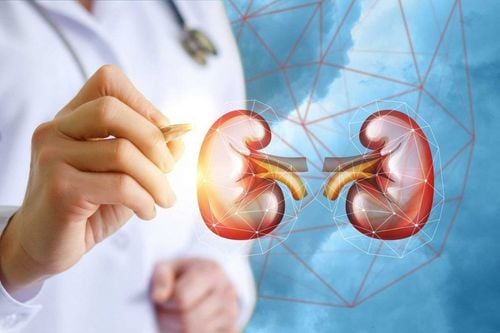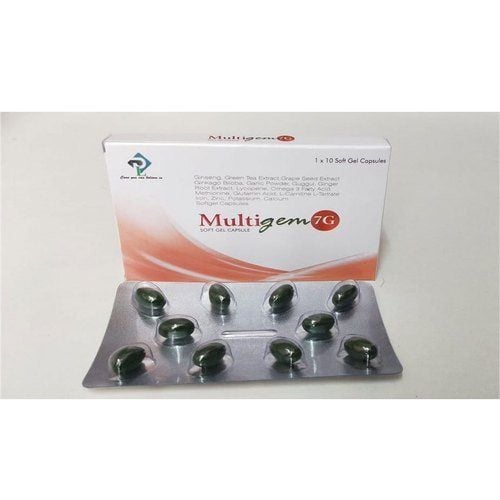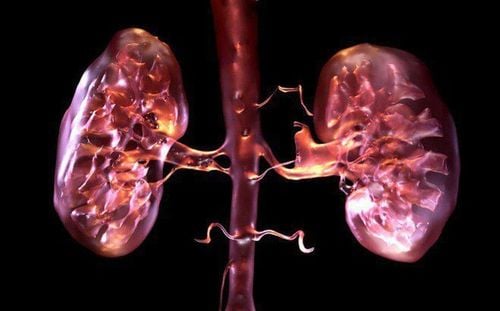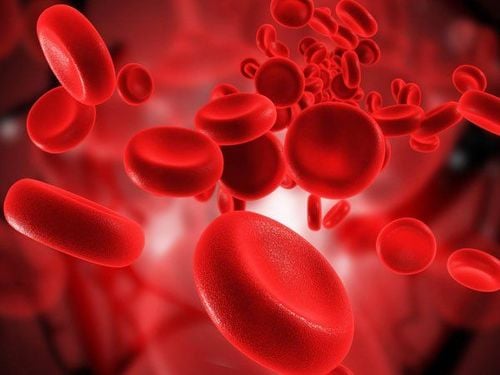This is an automatically translated article.
Chronic kidney disease is a disease that occurs when there are structural and functional abnormalities of the kidney lasting more than 3 months. Patients with chronic renal failure often experience anemia. As chronic kidney failure worsens, anemia also gets worse.
1. What is chronic kidney failure?
The kidney is an organ with the function of filtering blood and producing urine, excreting the body's waste products, ensuring electrolyte balance, maintaining the stability of blood pressure, and participating in the process of blood clotting. blood. Chronic kidney disease is a disease that occurs when there are structural and functional abnormalities of the kidney lasting more than 3 months, affecting the patient's health. Chronic kidney disease is often silent and difficult to detect, it often leads to chronic kidney failure in the late stages of the disease. Thus, we need to clearly distinguish the concept of chronic kidney disease and chronic kidney failure. Chronic kidney disease is a disease consisting of many stages, patients are only considered as chronic kidney failure when chronic kidney disease has glomerular filtration rate <60ml/min, corresponding to chronic kidney disease in stages III, IV, and V.Patients with chronic kidney failure often experience symptoms such as:
Anemia: pale skin, pale mucous membranes, often dizziness. The degree of anemia is proportional to the severity of the disease. Patients feel tired, eat poorly, reduce daily activities. This is the most common symptom in patients with chronic kidney failure. High blood pressure Neuromuscular symptoms such as cramps, feeling like ants crawling, burning in the legs, ... Having problems with bones and joints such as osteoporosis, osteoarthritis,... Anorexia, nausea , in the late stage the patient may have diarrhea, mouth ulcers, gastrointestinal ulcers, gastrointestinal bleeding.
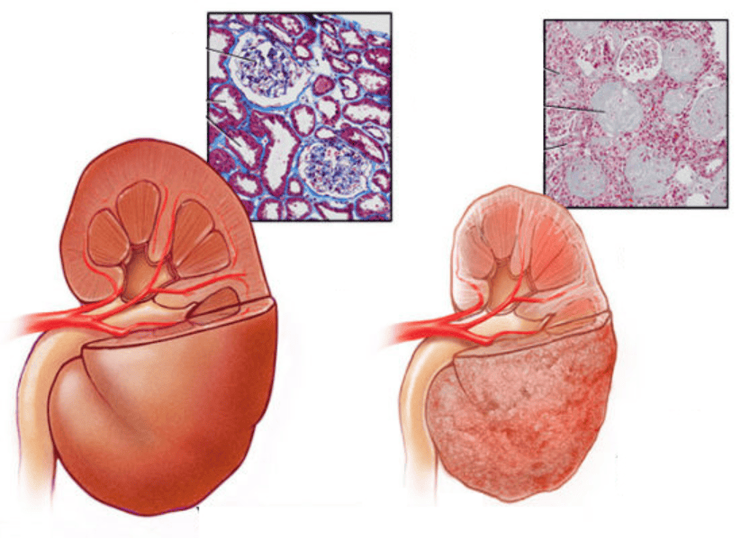
Suy thận mạn tính ảnh hưởng đến chức năng lọc của cầu thận
2. Why is chronic kidney failure anemia?
When a patient's kidney function declines, the kidneys are no longer able to produce enough of the hormone erythropoietin. In adults, erythropoietin is a hormone that stimulates the bone marrow to produce red blood cells. Once erythropoietin is deficient, red blood cells will not be able to differentiate, that is, not "ripe" to become mature red blood cells, causing anemia.
In addition to erythropoietin deficiency, anemia in patients with chronic renal failure also comes from hemodialysis during the patient's treatment. When blood is circulated out of the body through a system of pipes and devices, a large amount of blood is lost, which causes the patient to lose blood after each dialysis session.
In addition, nutritional deficiencies due to chronic renal failure patients often eat poorly, leading to iron deficiency, vitamin B12 deficiency, folic acid deficiency also causing anemia in patients with chronic kidney failure.

Thiếu hụt vitamin B12 ở bệnh nhân suy thận mạn
3. Complications of anemia in patients with chronic kidney disease
The main complication in the face of anemia in patients with chronic kidney disease is cardiovascular complications. These include:
Irregular heartbeat, abnormally fast heart rate, especially during vigorous activity such as exercise. The heart muscle expands. Heart failure . This is a condition in which the heart cannot pump enough blood to meet the body's needs for a long time. To register for examination and treatment at Vinmec International General Hospital, you can contact Vinmec Health System nationwide, or register online HERE
MORE:
Treatment of anemia caused by anemia how iron? To prevent the body from iron deficiency anemia 5 stages of chronic kidney disease




